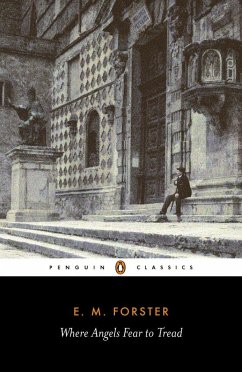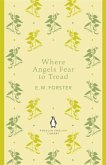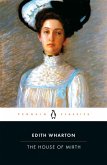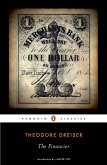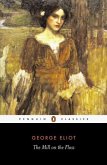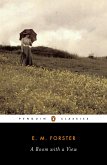When attractive English widow Lidia takes a holiday in Italy, she causes a scandal by marrying Gino, a highly unsuitable Italian 12 years her junior. Her snobbish in-laws make no attempts to hide their disapproval, and when Lidia's decision eventually brings disaster, her English relatives embark on an expedition to face the uncouth foreigner.
Bitte wählen Sie Ihr Anliegen aus.
Rechnungen
Retourenschein anfordern
Bestellstatus
Storno

